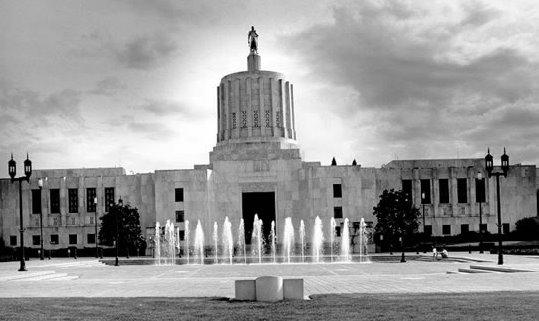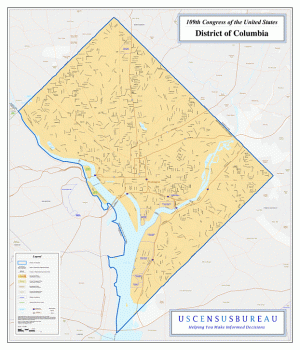
Blacks are 3.7 times more likely to get busted for marijuana possession than whites. (aclu.org/marijuana)
Blacks Targeted in Wasteful War on Marijuana, ACLU Finds
The war on marijuana is disproportionately waged against Black America, the ACLU finds in a new report based on federal statistics. And it costs a whole lot of money and isn't achieving much.







